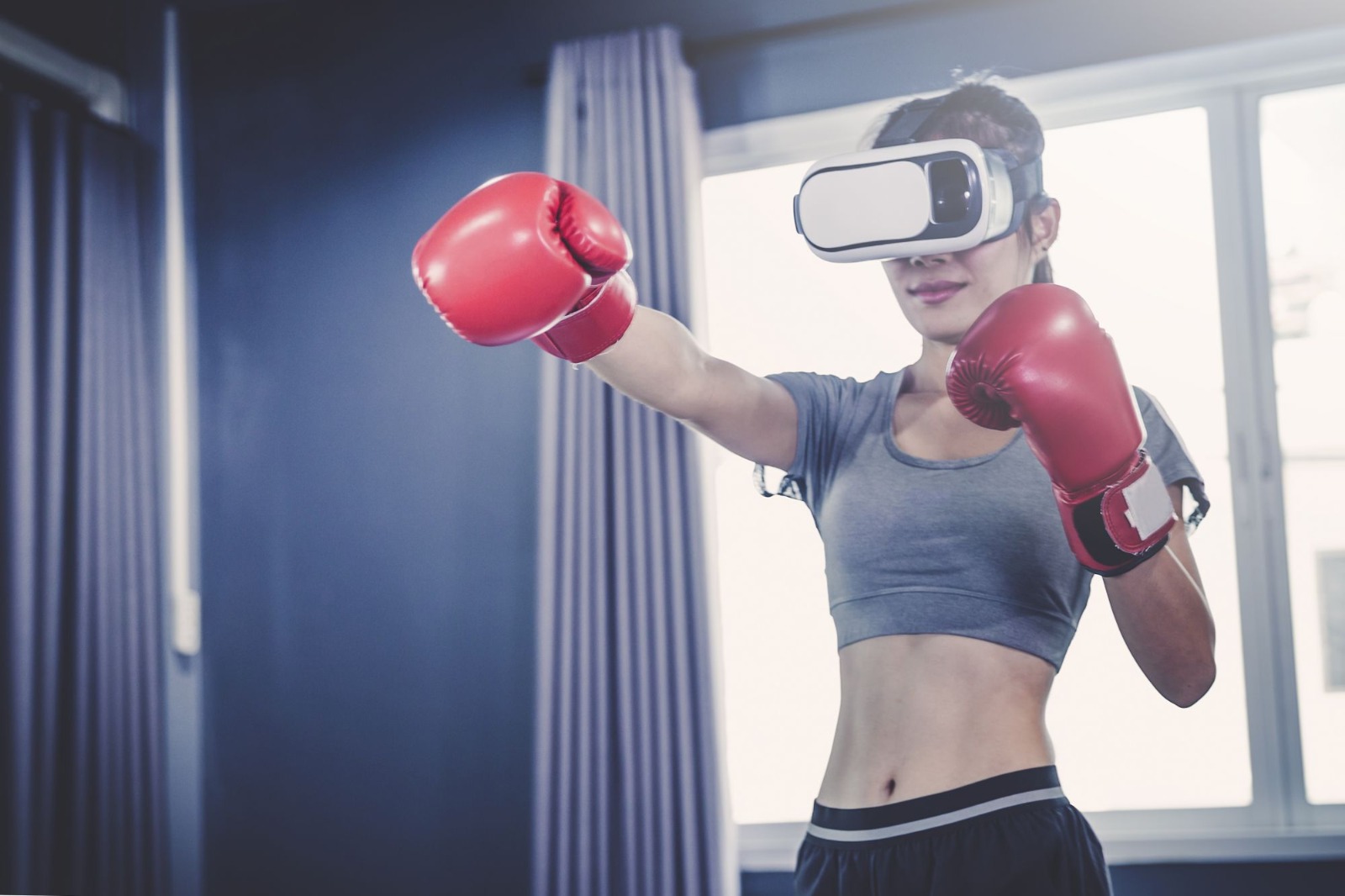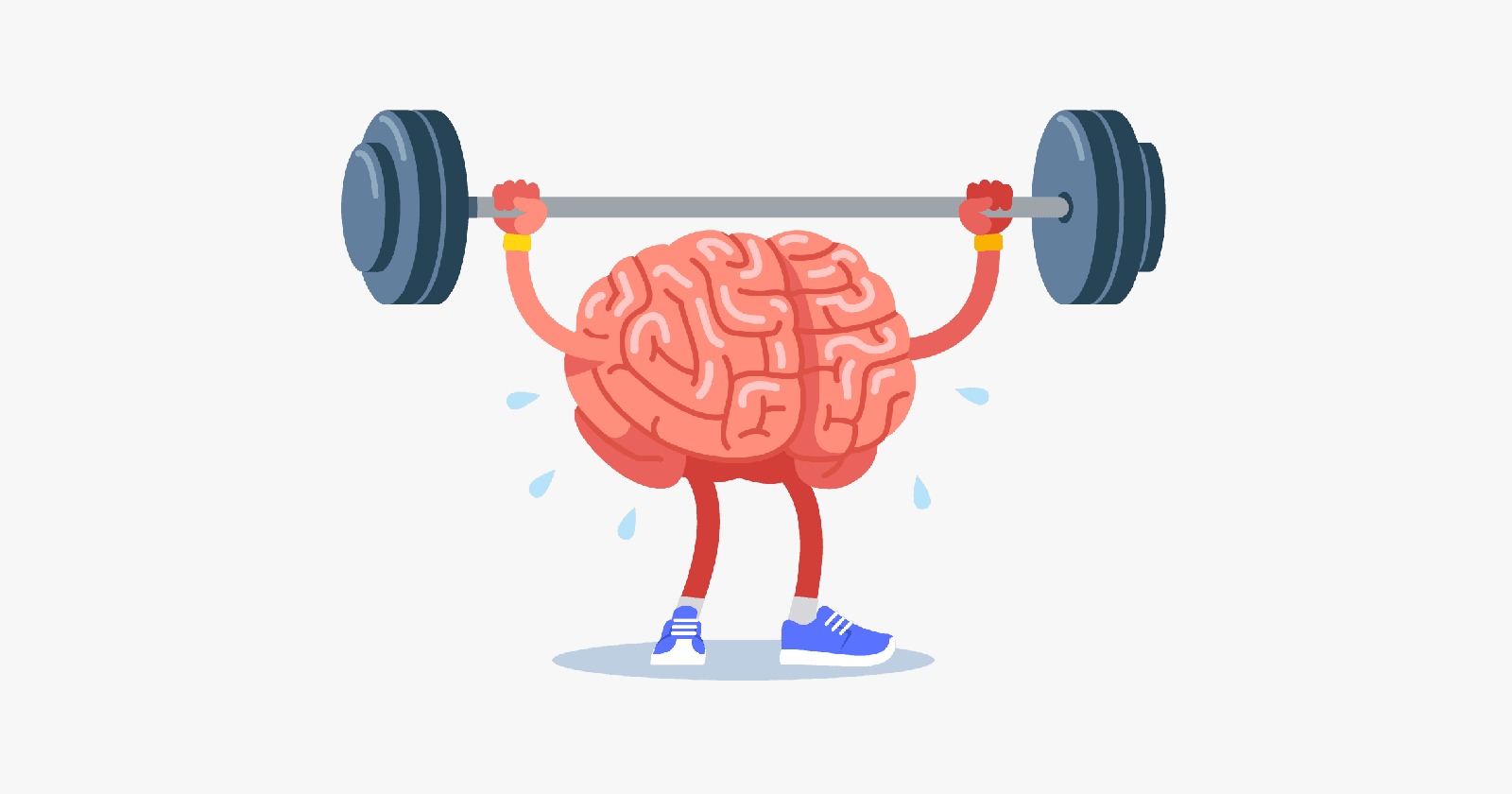
Benefits of Baby Workouts for Physical Development
Baby workouts are gentle, playful activities designed to boost muscle strength, flexibility, coordination, and overall health in infants. They promote motor skills, brain development, posture, digestion, and sleep, while also supporting emotional bonding with caregivers. Safe when supervised and age-appropriate, these workouts lay a strong foundation for physical growth and well-being. With creativity and interaction, parents can make exercise an enjoyable, beneficial part of their baby’s daily
💪 Fitness Guru
41 min read · 12, Aug 2025

Introduction
When we think about exercise, we often picture adults in gyms or kids playing sports. But did you know babies also benefit from workouts? Baby workouts—gentle, age-appropriate movements—are not about building muscles for a fitness competition. They are about supporting natural milestones like rolling, crawling, sitting, and walking, while enhancing brain development and body coordination.
In today’s world, with more babies spending time in strollers, carriers, and high chairs, physical activity is more important than ever. Movement is nature’s way of helping babies explore, strengthen muscles, and connect with their environment. By incorporating safe, guided baby workouts into daily routines, you help your child develop stronger bones, better balance, and sharper motor skills.
In this article, we will explore how baby workouts benefit physical development, the science behind them, and practical ideas you can try at home—along with daily and weekly activity suggestions. Baby workouts, often referred to as infant exercises, are gentle and age-appropriate physical activities designed to promote a baby’s overall growth and development. These activities are not the same as adult workouts; instead, they involve playful, interactive movements that engage a baby’s muscles, coordination, senses, and cognitive skills. While many parents instinctively play and move with their infants, understanding the specific benefits of baby workouts can help them make these moments more purposeful and impactful. Physical development during the first few years of life is crucial because it lays the foundation for a child’s motor skills, posture, balance, and physical health later in life.
One of the most noticeable benefits of baby workouts is the strengthening of muscles. From tummy time to gentle leg stretches, these activities target the core, neck, back, and limb muscles that are essential for milestones like rolling over, sitting, crawling, and eventually walking. For instance, tummy time strengthens the neck and upper body muscles, preparing the baby for head control and later mobility. Similarly, bicycle leg movements help tone leg muscles and enhance flexibility. Stronger muscles not only support better posture but also reduce the risk of developmental delays in motor skills.
Baby workouts also play a significant role in improving motor skills. Motor skills can be divided into gross motor skills, which involve large muscle movements like crawling and standing, and fine motor skills, which involve smaller, precise movements like grasping and picking up objects. Engaging a baby in activities like reaching for toys, clapping hands, or rolling balls encourages the coordination of muscles with sensory input. Over time, these workouts help the baby gain better control over their body, making physical movements more fluid and intentional.
Another important benefit is enhanced flexibility and range of motion. Babies are naturally flexible, but guided exercises can maintain and improve this flexibility while supporting healthy joint development. For example, gentle stretching activities, like moving the baby’s arms and legs in different directions, help maintain the suppleness of their muscles and ligaments. This flexibility is essential as the baby transitions into more physically demanding movements like standing and walking.
Baby workouts also contribute to improved balance and coordination. As babies explore new movements, they learn how to control their body in different positions. Exercises that involve gentle rocking, supported standing, or rolling help the baby’s brain develop the neural pathways needed for balance. This coordination between the brain and body is vital for future activities like running, jumping, and playing sports.
Another key advantage is stimulation of sensory development. Many baby exercises are designed to engage multiple senses at once—sight, sound, touch, and sometimes even smell. For example, when a parent uses brightly colored toys during a stretching activity, the baby’s visual system is stimulated. Soft background music or the parent’s voice can engage auditory senses, while the physical touch and movement stimulate the tactile system. This multisensory engagement supports the development of the nervous system and helps babies become more aware of their bodies and surroundings.
Engaging in regular baby workouts also supports healthy bone development. Gentle weight-bearing exercises, like supported standing or crawling over a soft surface, encourage bone strengthening. Strong bones are essential not only for mobility but also for preventing issues like poor posture or skeletal imbalances as the child grows. In addition, such activities promote healthy circulation, ensuring that muscles and bones receive an adequate supply of oxygen and nutrients for proper growth.
An often-overlooked benefit of baby workouts is their role in brain development. Physical movement stimulates the production of brain chemicals that support cognitive growth. Activities that require the baby to coordinate movements with visual or auditory cues help create and strengthen connections between neurons. This, in turn, enhances problem-solving skills, memory, and the ability to process sensory information more effectively. Babies who engage in regular movement-based play often show better learning capabilities later on.
Another advantage is the development of body awareness. Baby workouts teach infants where their body parts are in relation to each other and their surroundings. Simple games like “touch your toes” or “where’s your nose?” help develop proprioception, which is the body’s ability to sense movement, action, and location. Good body awareness is crucial for safe and effective movement throughout life.
Baby workouts also have significant health benefits beyond physical growth. They promote better digestion by stimulating the digestive system through gentle movements, reducing discomfort from gas or constipation. These exercises can also help regulate sleep patterns by providing physical exertion during the day, which makes it easier for the baby to rest at night. Additionally, regular activity can strengthen the immune system, making the baby more resilient to common illnesses.
From a social and emotional perspective, baby workouts are an excellent bonding opportunity between the parent and child. When parents actively participate in these exercises, the baby feels secure and loved, which supports emotional development. Eye contact, smiles, and gentle communication during these sessions strengthen the parent-child relationship and provide a sense of trust and safety. This emotional bonding is just as important as the physical benefits because it lays the groundwork for healthy social interactions later in life.
Furthermore, baby workouts can reduce fussiness and improve mood. Physical activity releases endorphins, which are natural mood enhancers, even in babies. A baby who engages in regular movement often feels happier, more relaxed, and more willing to explore their environment. This positive emotional state encourages further learning and interaction.
Another indirect benefit is the early development of healthy habits. While babies won’t remember their workouts, the consistent practice of movement and play can set the tone for an active lifestyle. Parents who prioritize physical activity during infancy are more likely to encourage active play as their child grows, reducing the risk of childhood obesity and related health problems.
In addition to the developmental and health advantages, baby workouts can also help parents become more observant of their child’s abilities and needs. During these sessions, parents may notice signs of developmental progress or delays, which can be addressed early with professional guidance. This awareness ensures timely support for the baby’s growth.
Overall, baby workouts are a valuable tool for supporting an infant’s physical, cognitive, and emotional development. They provide a safe and playful way to strengthen muscles, improve motor skills, enhance sensory processing, and promote overall well-being. These activities are not about pushing a baby to achieve milestones faster but about giving them opportunities to explore and grow at their own pace. By integrating baby workouts into daily routines, parents can nurture a strong foundation for their child’s lifelong health, confidence, and happiness. The key is to keep these exercises gentle, enjoyable, and consistent, ensuring that every movement is filled with love, care, and the joy of shared experiences.
Understanding Baby Workouts
Baby workouts are gentle activities designed to encourage your infant’s natural movements. These may include tummy time, assisted rolling, supported sitting, baby yoga, or guided reaching and grasping games.
Unlike adult workouts, baby exercises focus on:
- Building strength for key developmental milestones
- Enhancing flexibility and coordination
- Improving sensory awareness
- Stimulating brain growth through movement
The goal is not to push the baby beyond their limits, but to support them in exploring their body’s abilities in a safe and fun way.
Why Physical Development Matters in Babies
Physical development during infancy lays the foundation for lifelong health. Milestones like crawling, standing, and walking are not just “cute” moments—they are indicators of healthy bone, muscle, and brain function.
Strong physical development:
- Improves posture and balance
- Builds fine and gross motor skills
- Supports healthy weight and metabolism
- Encourages curiosity and independence
- Aids in brain connections that impact learning later in life
Key Benefits of Baby Workouts
1. Strengthens Muscles and Bones
Gentle movements like tummy time or assisted standing help develop core, arm, and leg muscles. Weight-bearing activities stimulate bone growth, making them stronger for future walking and running.
2. Improves Motor Skills
Baby workouts enhance both fine motor skills (grasping toys) and gross motor skills (rolling, crawling). These movements prepare your baby for milestones like sitting up and walking.
3. Boosts Brain Development
Movement stimulates the brain’s sensory and motor areas. Crawling, for example, strengthens the connection between both brain hemispheres, improving coordination and learning abilities.
4. Enhances Flexibility and Balance
Stretching movements and supported sitting help babies maintain flexibility and improve balance—crucial for transitioning from crawling to walking.
5. Promotes Better Sleep
Just like adults, babies sleep better when they’ve had enough physical activity. Gentle workouts can help regulate sleep patterns, leading to longer and deeper rest.
6. Encourages Healthy Weight
Movement helps prevent early weight issues by keeping babies active and promoting a healthy metabolism.
7. Strengthens Parent-Baby Bond
Workout time is also bonding time. Gentle touch, eye contact, and encouragement during exercises strengthen emotional connections between baby and caregiver.
Popular Baby Workout Ideas
Tummy Time
Place your baby on their stomach for short periods while they’re awake. This strengthens the neck, shoulders, arms, and back.
Assisted Rolling
Gently help your baby roll from back to tummy and vice versa. This builds core muscles and coordination.
Supported Sitting
Use your hands or a pillow to support your baby in a sitting position. This works on back strength and balance.
Baby Yoga
Gentle stretches and guided movements can improve flexibility, digestion, and relaxation.
Reaching and Grasping Games
Hold toys just out of reach to encourage stretching and grabbing, improving hand-eye coordination.
Mini Bicycle Legs
Lay your baby on their back and gently cycle their legs in the air. This supports joint mobility and digestion.
Daily Baby Workout Routine
Morning
- 5–10 minutes tummy time after waking up
- Gentle stretching with arms and legs
- Short interactive play with rattles or soft toys
Midday
- Supported sitting for 5 minutes
- Reaching games with colorful toys
- Assisted rolling practice
Evening
- Mini bicycle leg movements for relaxation
- Baby yoga or gentle swaying to music
- Quiet bonding time with skin-to-skin contact
Weekly Baby Workout Practices
- Increase tummy time gradually each week
- Introduce new textures for sensory exploration (soft blanket, play mat, grass)
- Practice assisted crawling on safe surfaces
- Include water play during bath time for muscle movement
- Let your baby play on the floor without restrictive seats or swings for at least 1–2 hours spread across the day
Safety Tips for Baby Workouts
- Always supervise your baby during activities
- Use soft, clean surfaces for floor exercises
- Avoid forcing movements—follow your baby’s readiness cues
- Keep sessions short (5–15 minutes) and fun
- Stop immediately if your baby shows signs of discomfort or tiredness
Common Physical Development Problems and Prevention Tips
Flat Head Syndrome (Plagiocephaly)
Cause: Too much time lying on the back
Prevention: Increase tummy time, change baby’s head position while sleeping
Delayed Motor Milestones
Cause: Lack of floor play or restricted movement
Prevention: Encourage daily active play and avoid excessive use of walkers or bouncers
Weak Neck Muscles
Cause: Limited tummy time
Prevention: Start tummy time from birth for short intervals and increase gradually
Tight Muscles or Stiffness
Cause: Limited stretching or movement
Prevention: Incorporate gentle stretching and baby yoga under guidance
Myths About Baby Workouts: Busted!
“Babies are too young to exercise.”
→ False! Babies naturally “work out” through play and guided movements.
“Baby workouts are only for active babies.”
→ Not true. Even quiet babies benefit from gentle exercises that build strength and coordination.
“Too much movement will harm the baby.”
→ Wrong. Safe, supervised, age-appropriate activities promote health, not harm.
“Walkers help babies walk sooner.”
→ Actually, walkers can delay walking and cause injuries. Floor play is safer and more beneficial.
“Tummy time is uncomfortable, so it’s not necessary.”
→ Some babies fuss at first, but short, regular tummy time is essential for neck and upper body strength.
Sample Baby Workout Plan for a Day
Morning
- Tummy time on a soft mat with colorful toys in front
- Gentle arm and leg stretches while singing to your baby
Midday
- Supported sitting with a pillow behind
- Assisted rolling practice with lots of claps and encouragement
Evening
- Baby yoga: gentle side-to-side swaying and light stretches
- Mini bicycle legs before bedtime for relaxation
Conclusion
Baby workouts are more than just fun activities—they are an investment in your child’s future health and development. Every little stretch, roll, and reach supports stronger muscles, better coordination, sharper brain development, and deeper emotional bonding with you.
By making baby workouts a joyful daily habit, you not only help your little one reach milestones faster but also set the stage for a healthy, active lifestyle.
Start slow, stay consistent, and celebrate every small achievement. Your baby’s giggles, stronger grip, and confident movements will be the best reward.
Q&A Section
Q1:- What are baby workouts and why are they important for physical development?
Ans :- Baby workouts are gentle, age-appropriate exercises that encourage movement, coordination, and muscle growth, laying the foundation for healthy motor skills and overall development.
Q2:- How do baby workouts improve motor skills?
Ans :- Activities like tummy time, assisted sitting, and reaching games strengthen core muscles and improve hand-eye coordination, helping babies learn to crawl, sit, and walk.
Q3:- Can baby workouts enhance flexibility and balance?
Ans :- Gentle stretches and guided movements help babies develop flexible muscles and improve balance, making physical milestones easier and safer to achieve.
Q4:- How do these workouts support bone and muscle strength?
Ans :- Weight-bearing activities like supported standing promote bone density, while repetitive kicking and grasping strengthen muscles needed for mobility.
Q5:- Do baby workouts contribute to brain development?
Ans :- Yes, physical activities stimulate neural connections, enhancing cognitive functions, sensory processing, and problem-solving abilities in early growth stages.
Q6:- How do baby workouts benefit posture?
Ans :- Strengthening back, neck, and shoulder muscles through guided exercises supports proper posture, reducing the risk of spinal issues later in life.
Q7:- Can baby workouts improve digestion and sleep?
Ans :- Gentle leg cycling and tummy massages can ease gas, aid digestion, and promote better sleep patterns in infants.
Q8:- How do these workouts encourage social and emotional growth?
Ans :- Interactive exercises with parents build trust, promote bonding, and boost emotional security, supporting healthy social development.
Q9:- Are baby workouts safe for all infants?
Ans :- When done under supervision, following age-appropriate guidelines, they are safe. However, parents should consult a pediatrician before starting.
Q10:- How can parents make baby workouts fun and engaging?
Ans :- Using colorful toys, music, and playful interaction keeps babies interested and motivated during exercises.
Similar Articles
Find more relatable content in similar Articles

Monks and Movement: Spiritual Fitness Practices from Temples..
“Exploring the ancient wisdom .. Read More

Fitness for Gamers: Keeping Body Active During Long Gaming H..
“Balancing Mental Focus with P.. Read More

Epigenetics and Exercise – How Your Workout Affects Your Chi..
“Exploring how regular physica.. Read More

Fitness for the Brain – How Workouts Rewire Your Mind...
“Discover how physical exercis.. Read More
© 2024 Copyrights by rFitness. All Rights Reserved.